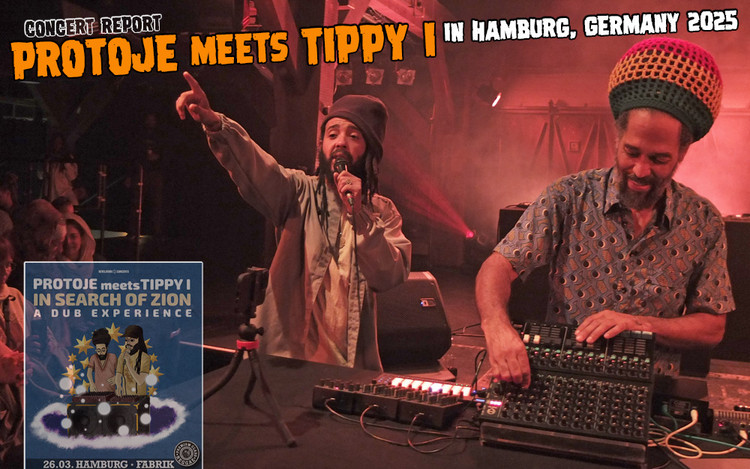Bunny Wailer ADD
Roger Steffens Interview... Talks About Bob Marley, Peter Tosh & Bunny Wailer
12/11/2018 by Gerry McMahon

On Saturday, November 17th, I was honoured to be a guest in the home of Roger Steffens. Actor, author, archivist, photographer, TV host, disc jockey and reggae specialist extraordinaire.
Having completed a three-hour tour of his hugely impressive archives - spread across six rooms in his Los Angeles home - Steffens then agreed to an interview.
In the course of this interview Roger opens up about his life in reggae and his links to the three key Wailers – Bob, Peter and Bunny – and of his delight at the imminent sale of his archive material, that will enable the establishment of an appropriate museum in Jamaica.
Reflecting on his reggae role, Roger tells us that his: "entire adult life has been a study of Bob Marley […] and I’m still learning new things". When asked to describe Marley, he is unequivocal that there’s: "one word to describe Bob – disciplined." However, he also confides that his: "worst Bob memory" was "the day I learned he had cancer."
Turning to his worst reggae memory, he visibly winces as he relates that: "My least favourite memory – the day I found out that Bunny Wailer had abandoned a project that I had been working on for 10 years - the autobiography of Bunny Wailer." Despite this disastrous turn of events, he is forgiving enough to tell that when it comes to marijuana potency, there’s little to compare with Bunny’s "short bud goat shit herb."
He also shares recollections about Peter Tosh, whom he has: "a lot of fond memories of", tempered though by his worst Tosh memory, as: "the day he died, that’s the first time my kids ever saw me cry."
The interview concludes with the good news that he has eventually found a safe home for his extensive Marley and reggae collection: “We have finally found the right people with the right motivation who want to share it with the whole world. […] That will be my gift to Jamaica. In belongs in Jamaica. It’s Jamaica’s history.“
Steffens also confirms that he’s happy with his reggae legacy, as it’s the "rhythm of resistance for rebellion and for protest music around the world. It’s the king’s music."
Watch the full interview below…









